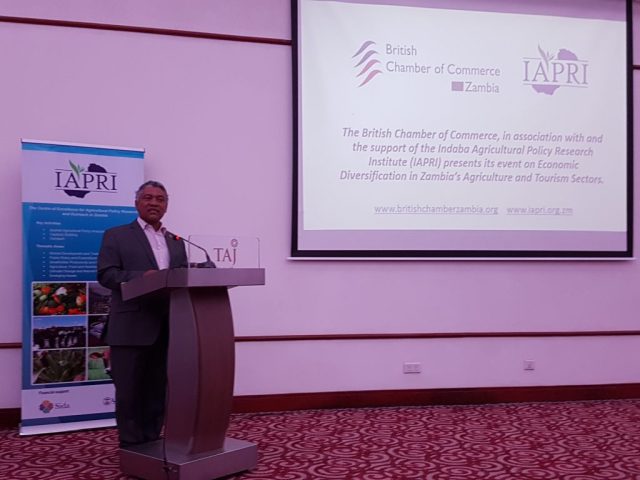In the Eye of a Storm: the impact of the economic slowdown on the labour market in Zambia
The Zambia Institute for Policy Analysis and Research (ZIPAR) has recently released its report on the labour market in Zambia.
The impact of the recent Zambian economic slowdown on both businesses and the public is revealed for the first time in research commissioned by the Zambia Institute for Policy Analysis and Research (ZIPAR) as part of its flagship More and Better Jobs project.
A large survey of businesses and a nationally representative survey of the public were conducted and published last week on 23 June 2016 at the Radisson Blu Hotel. A key finding was that over the last year 9.3% of Zambians say they have lost a job and were unable to find a new one, while 2.8% report going from having no job to acquiring one. A third of businesses surveyed report laying off staff in the last year.
The research also highlights how the hardest hit have been the young. The survey reveals a clear generational effect. Of those who report having lost of a job and not found another in the last 12 months, 13.4% are under 25, compared to 6.4% aged 41-55.
More positively, there was evidence that the worst may be over. Some businesses appear to have made difficult decisions about their workforce in 2015 (laying off of workers and imposing recruitment freezes), and now feel better placed to withstand economic challenges. When we asked businesses when they felt ‘the impact of the economic challenges most severely’, well over half – 61% – stated the second half of 2015. Only 7% said the first quarter of 2016. There was also some optimism about the future with about a third of Zambians and businesses being upbeat about future job opportunities.
The report is available for download at http://tinyurl.com/z74ybes


